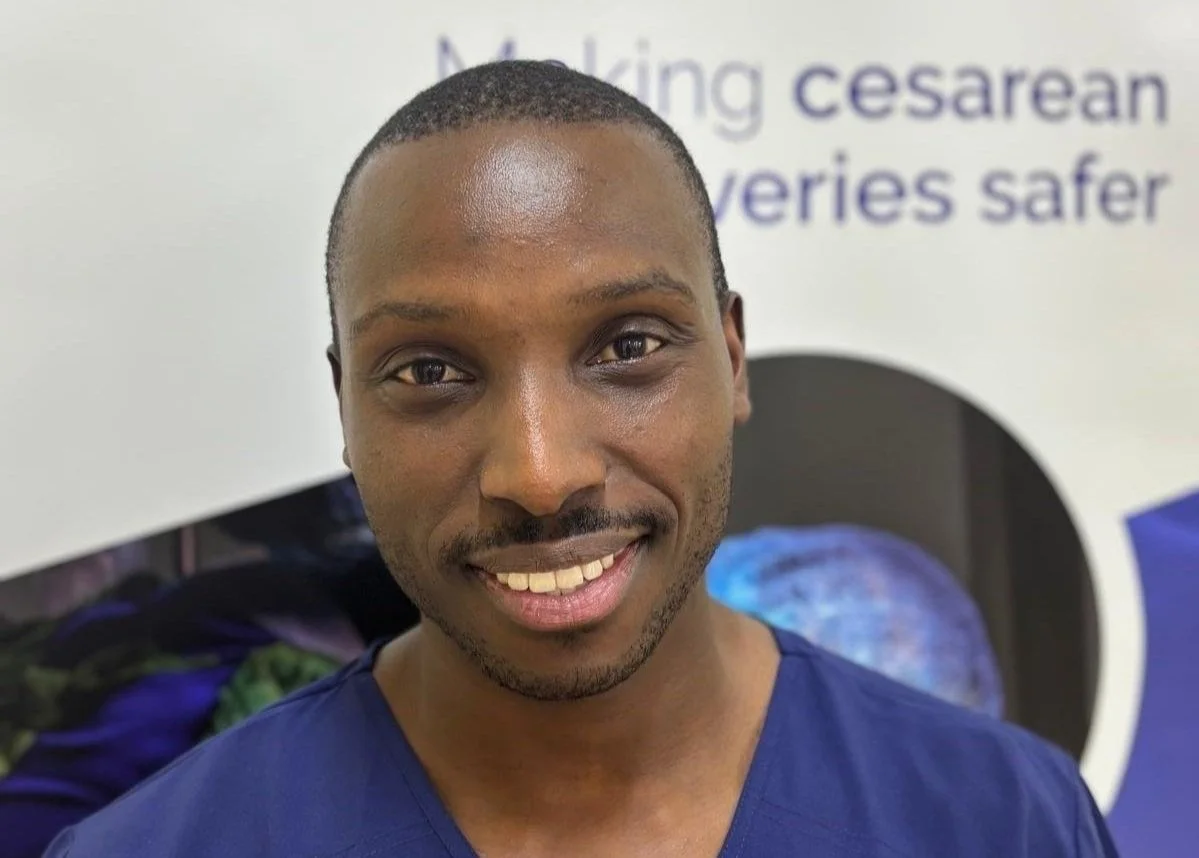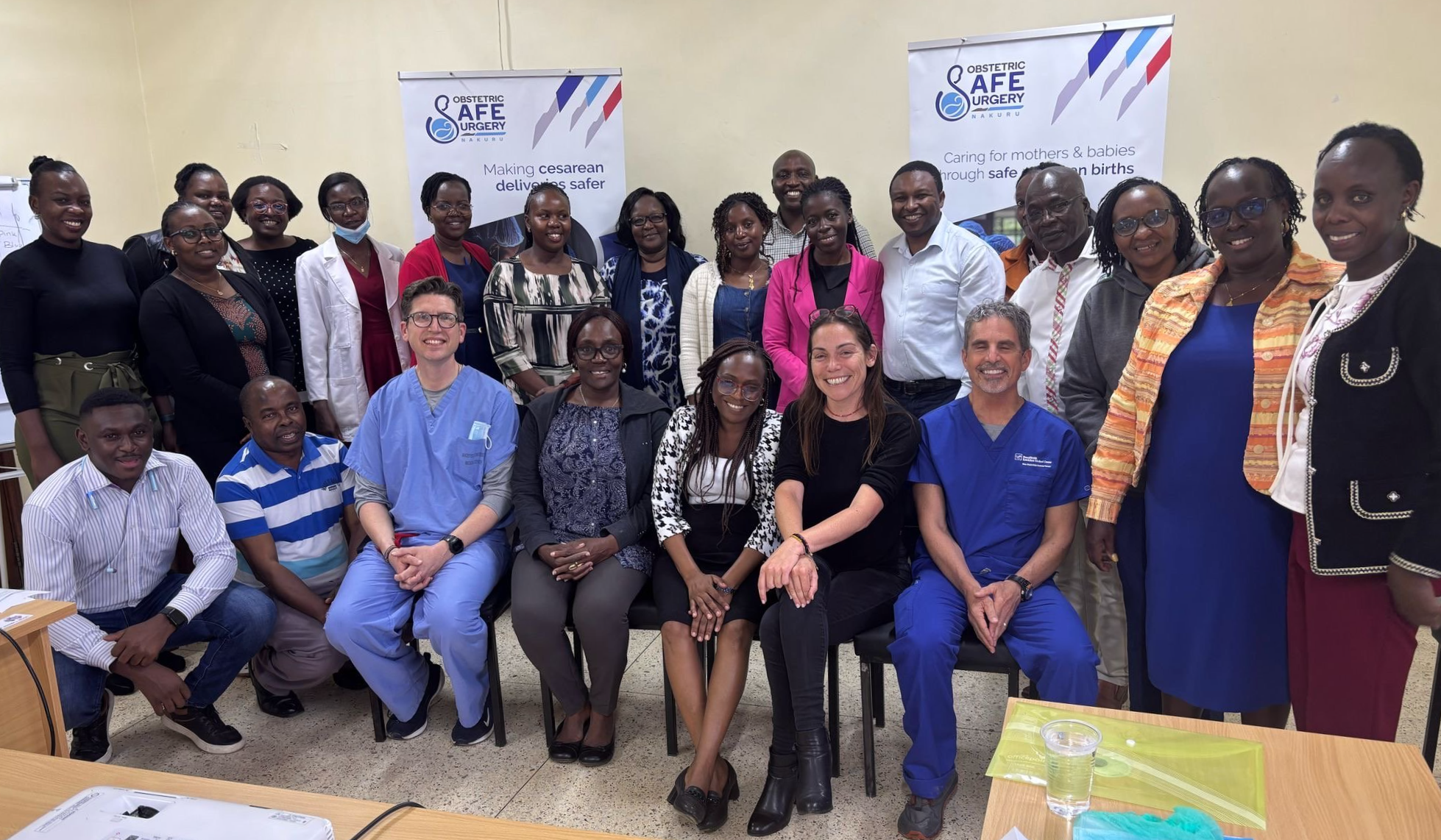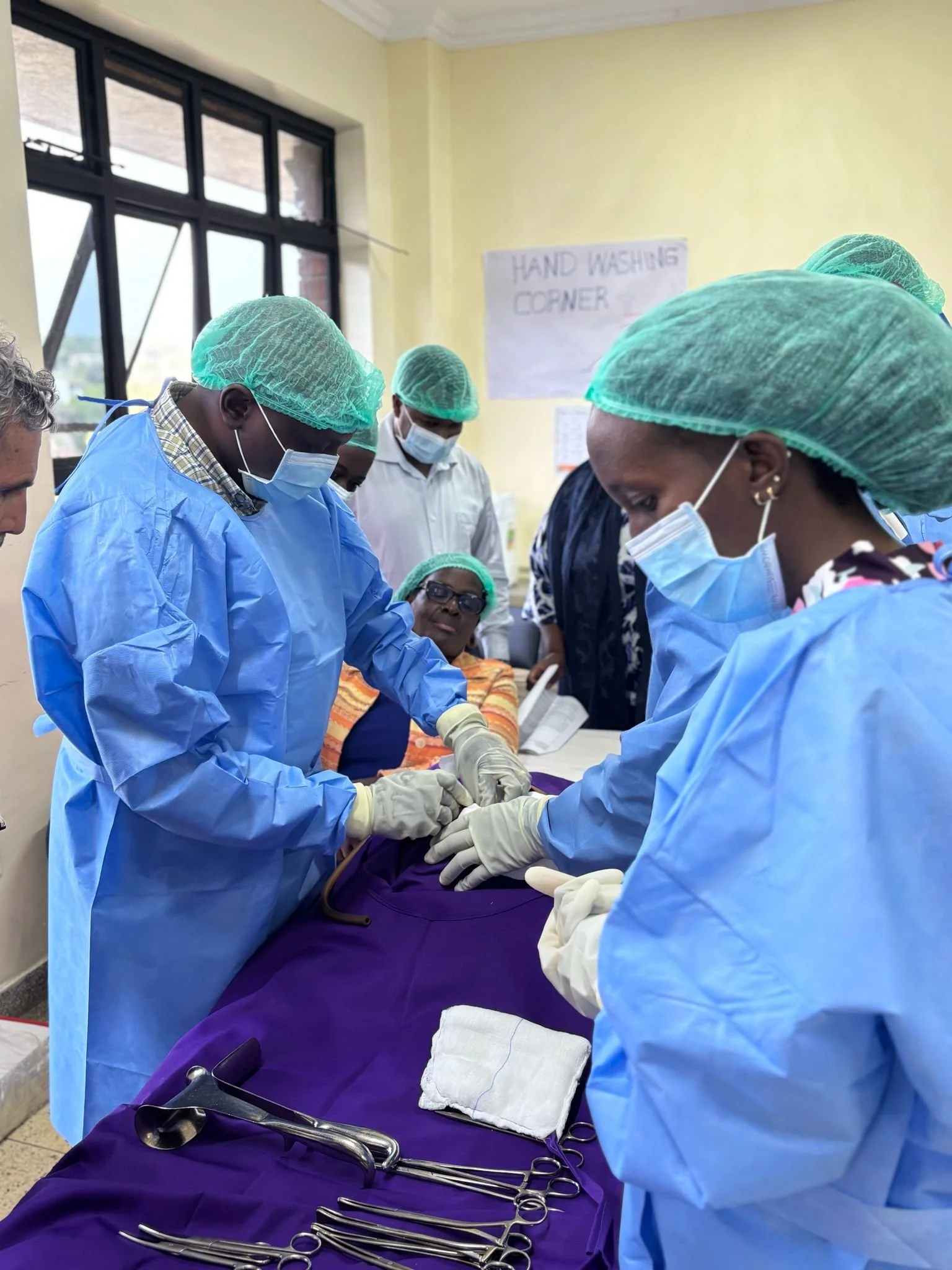New Project: 25,000 Women in Kenya to Benefit from Improved Obstetric Care
In Kenya, where maternal mortality rates remain alarmingly high, a new SURGfund project is transforming obstetric care for over 25,000 women each year.
Through training, mentorship, and health systems support, the GSF and its partners are building surgical capacity across five facilities through a hub-and-spoke model. Group photo from the Obstetric Safe Surgery Training that took place in Nakuru, Kenya from 7-9 July.
Making the Most Common Surgical Procedure Safer
In March 2025, the Global Surgery Foundation (GSF) launched a new effort to ensure safe, timely, and respectful caesarean section (CS) care for mothers in Nakuru County, Kenya. In partnership with Jhpiego and AIC Kijabe Hospital, and supported by SURGfund, the project aims to reach over 25,000 women giving birth each year.
Kenya’s maternal mortality rate currently stands at 379 per 100,000 live births, far above the global SDG target of 70. CS is the world’s most common surgical procedure. It can prevent many maternal and newborn deaths - when delivered safely. However, 37% of maternal deaths in Kenya are associated with CS—a stark reminder that access alone is not enough.
“Together, we are rewriting the future of maternal health in Kenya, one safe birth at a time”
Sam Kamau, Jhpiego
Building Healthcare Workforce Capacity
Through training, mentorship, and health systems support, the GSF and its partners are building surgical capacity across five facilities through a hub-and-spoke model. Last week, 44 surgical team members, including surgeons, anaesthetists, operating theatre nurses, midwives, and post-op ward nurses, took part in a five-day safe CS training that blended theory, simulation, and site visits.
With new financial commitments to SURGfund, investments in surgical care have become a frontline strategy to strengthen health systems. Read more
The curriculum went beyond the critical surgical skills — it also included the important aspects of building trust, teamwork, and communication within surgical teams.
“I am looking forward to cascading this knowledge down to my peers who are practicing,” said Kevin Tiongi, a nurse who participated in the workshop.
This workshop came after a two-day training-of-trainers (ToT), empowering 19 members from the entire surgical team from Nakuru Provincial Hospital to be facilitators in the clinical training. These same mentors will follow the participants in a blended mentorship approach in the coming months, held both in-person and via GSF’s online learning platform, SURGhub.
“From admission to the time they go home, we are now able to follow our clients. This is the best thing that has ever happened to us,” said Veronicah Ongwae, a nurse midwife who was trained in the ToT and co-facilitated one of the sessions. “We realised we need each other — we cannot work alone.”
“We realised we need each other — we cannot work alone”
Veronicah Ongwae, Nurse Midwife
Anchored in Local Leadership
The GSF’s blended approach ensures that learning is continuous, and the topics are guided by identified needs towards strengthening access to safe CS in Nakuru.
This project is a high priority of the GSF’s Women’s Health Strategy 2025–2027 and SURGfund’s mission to save lives and strengthen systems in maternal health. We’re proud to work alongside local teams to turn global guidelines into national best practice.
A total of 44 surgical team members, including surgeons, anaesthetists, operating theatre nurses, midwives, and post-op ward nurses, took part in a five-day safe CS training that blended theory, simulation, and site visits.
Keep engaged with us!
Donate to support this project directly
Sign up with your email in the footer to receive updates
Keep reading
The first peer-reviewed report on the United Nations Global Surgery Learning Hub (SURGhub), has been published in the World Journal of Surgery. Read more











